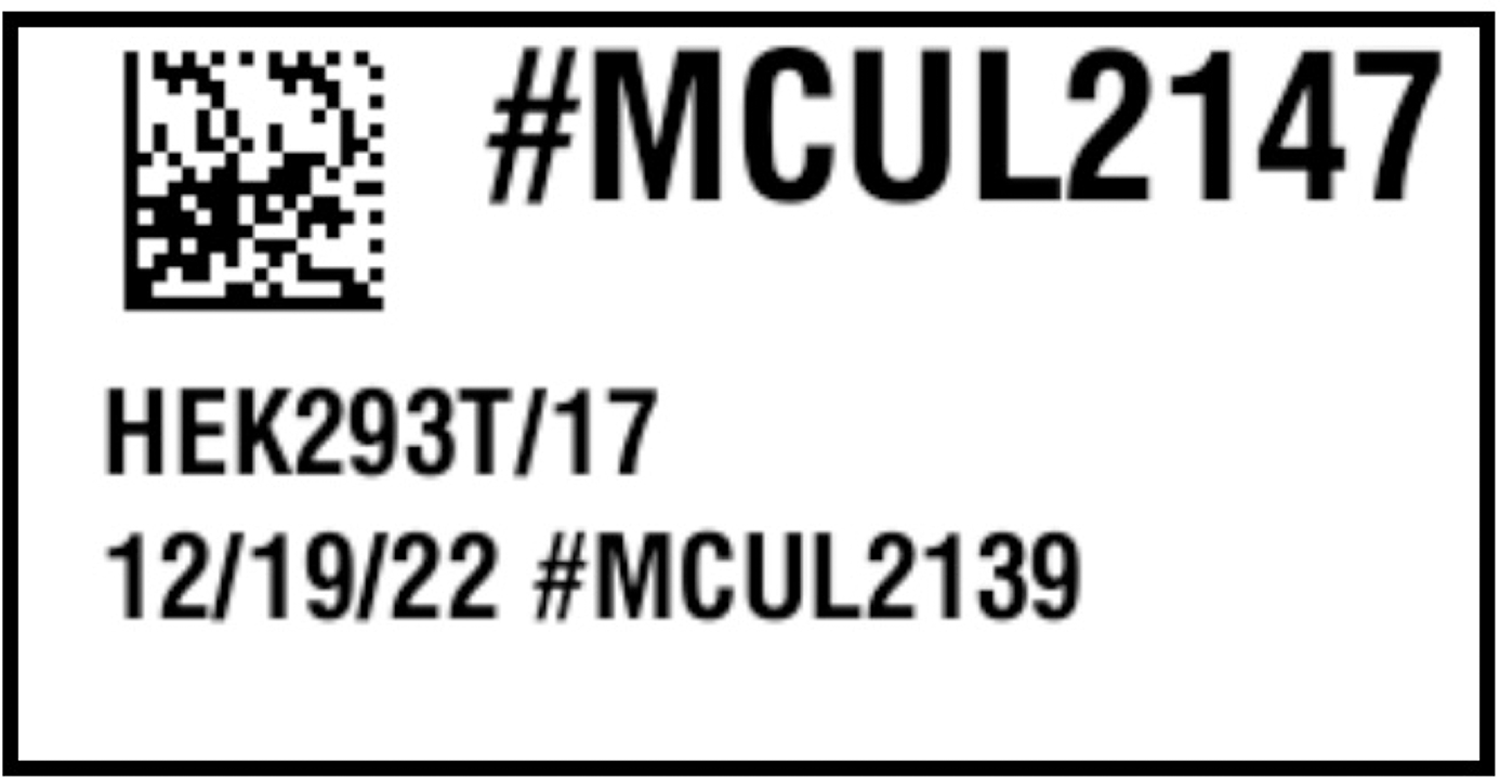Difference between revisions of "Template:Article of the week"
From LIMSWiki
Jump to navigationJump to searchShawndouglas (talk | contribs) (Updated article of the week text) |
Shawndouglas (talk | contribs) (Updated article of the week text) |
||
| (49 intermediate revisions by the same user not shown) | |||
| Line 1: | Line 1: | ||
<div style="float: left; margin: 0.5em 0.9em 0.4em 0em;">[[File: | <div style="float: left; margin: 0.5em 0.9em 0.4em 0em;">[[File:Fig2 Berezin PLoSCompBio23 19-12.png|240px]]</div> | ||
'''"[[Journal: | '''"[[Journal:Ten simple rules for managing laboratory information|Ten simple rules for managing laboratory information]]"''' | ||
[[Information]] is the cornerstone of [[research]], from experimental data/[[metadata]] and computational processes to complex inventories of reagents and equipment. These 10 simple rules discuss best practices for leveraging [[laboratory information management system]]s (LIMS) to transform this large information load into useful scientific findings. The development of [[mathematical model]]s that can predict the properties of biological systems is the holy grail of [[computational biology]]. Such models can be used to test biological hypotheses, guide the development of biomanufactured products, engineer new systems meeting user-defined specifications, and much more ... ('''[[Journal:Ten simple rules for managing laboratory information|Full article...]]''')<br /> | |||
''Recently featured'': | ''Recently featured'': | ||
{{flowlist | | {{flowlist | | ||
* [[Journal: | * [[Journal:Hierarchical AI enables global interpretation of culture plates in the era of digital microbiology|Hierarchical AI enables global interpretation of culture plates in the era of digital microbiology]] | ||
* [[Journal: | * [[Journal:Critical analysis of the impact of AI on the patient–physician relationship: A multi-stakeholder qualitative study|Critical analysis of the impact of AI on the patient–physician relationship: A multi-stakeholder qualitative study]] | ||
* [[Journal: | * [[Journal:Judgements of research co-created by generative AI: Experimental evidence|Judgements of research co-created by generative AI: Experimental evidence]] | ||
}} | }} | ||
Revision as of 18:03, 10 June 2024
"Ten simple rules for managing laboratory information"
Information is the cornerstone of research, from experimental data/metadata and computational processes to complex inventories of reagents and equipment. These 10 simple rules discuss best practices for leveraging laboratory information management systems (LIMS) to transform this large information load into useful scientific findings. The development of mathematical models that can predict the properties of biological systems is the holy grail of computational biology. Such models can be used to test biological hypotheses, guide the development of biomanufactured products, engineer new systems meeting user-defined specifications, and much more ... (Full article...)
Recently featured:










